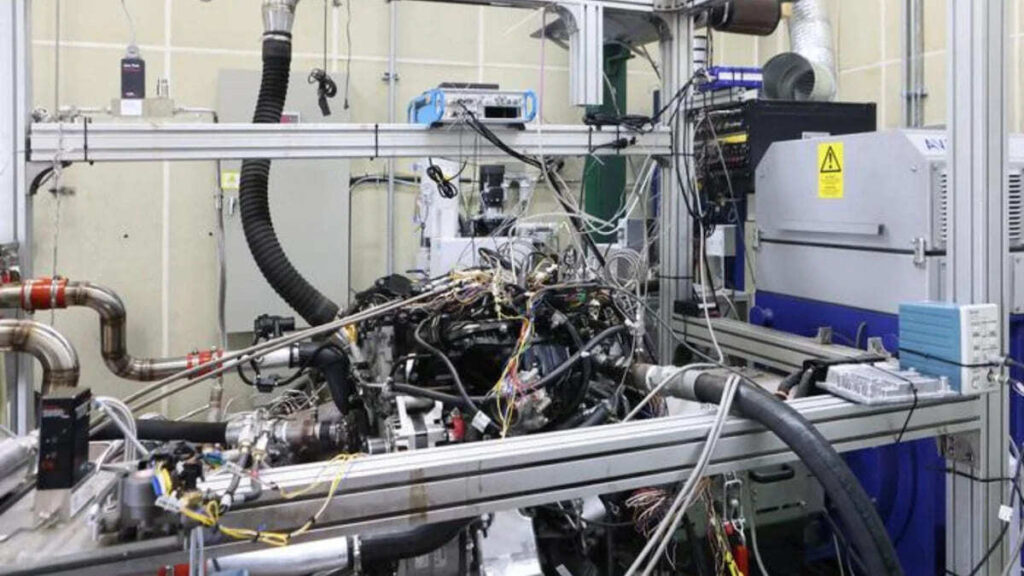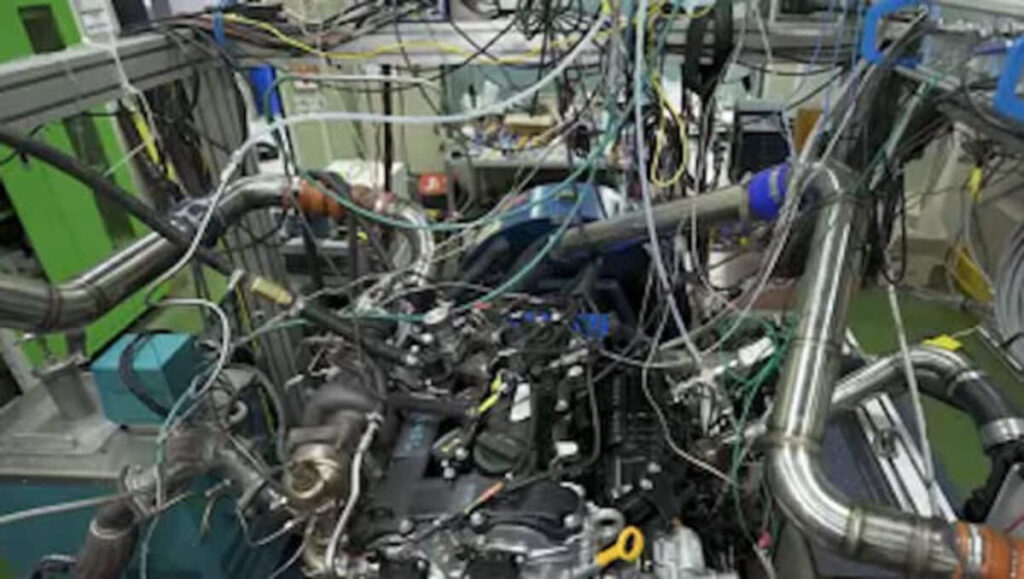In a world eager to embrace green solutions, a team from South Korea has engineered something that feels like a leap into a cleaner future. They’ve developed a two-liter engine that operates solely on hydrogen, marking a significant milestone in the automotive industry’s journey towards sustainability.
The Drive Towards Green Technology

The quest for a greener economy has become the defining challenge of our century, with companies across the globe striving to minimize their carbon footprint. The automotive sector, a cornerstone of the industrial revolution, is no exception. It’s vigorously pivoting towards less polluting energy sources, and hydrogen has emerged as a frontrunner in this transition.
Leveraging this clean energy, South Korean researchers have pioneered a technology that enables a two-liter engine to run exclusively on hydrogen through direct injection. According to reports by Interesting Engineering, this innovation holds the promise of mass production, potentially revolutionizing how we power vehicles designed for passenger transportation. These are typically vehicles with four or more wheels, seating for up to eight passengers besides the driver, and a total weight under three and a half tons.
An Eco-friendly and Sustainable Engine

The researchers have developed a method that utilizes a pre-mix combustion technique, allowing for ultra-low combustion. This method notably eliminates pumping losses because the engine’s efficiency is modulated by the fuel quantity injected, without the need to throttle the intake air. Their findings, published in Science Direct, suggest that this hydrogen engine could reduce carbon dioxide and fine particle emissions by 98% and 90%, respectively, compared to traditional gasoline engines. This achievement aligns with the European Union’s regulations for zero-emission vehicles.
Moreover, this hydrogen-powered engine boasts a high thermal efficiency of 40% and emits nitrogen oxides at levels below 15 parts per million (ppm), even without a post-treatment exhaust cleaning system. For context, ppm is a scientific term used to denote a mass fraction equivalent to 1mg/kg.
The Future of Automotive Industry
This hydrogen engine is not just a win for the environment but also a testament to the effectiveness of green technology. It arrives as a revolutionary force in the automotive industry, presenting a challenge to prove its long-term viability and scalability. As we move forward, the industry’s ability to adopt and refine such innovations will be critical in shaping the future of transportation—a future where the roads are less about carbon footprints and more about navigating our way to a cleaner, greener planet.
As someone deeply interested in how our daily choices, down to the vehicles we drive, impact the world, the development of a hydrogen-powered engine is a glimmer of hope. It represents a significant step towards a future where technology and environmental stewardship go hand in hand, driving us towards a more sustainable world.






